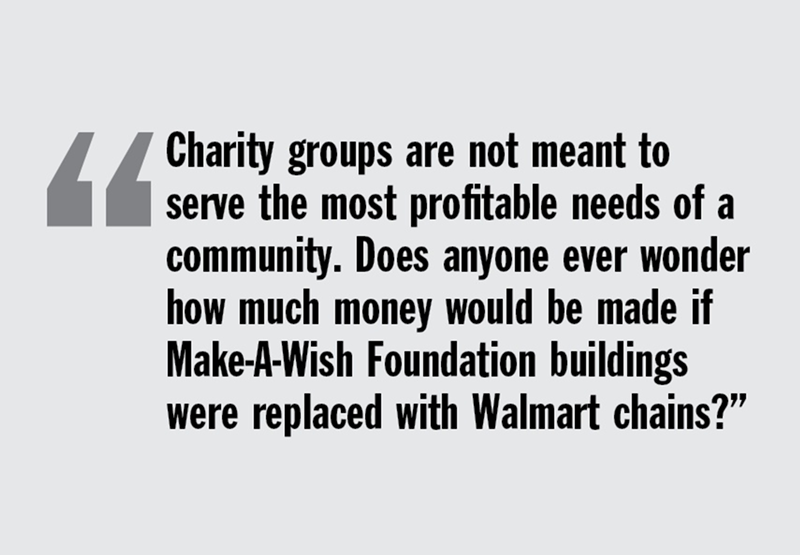W
hen Cincinnati voters go to the polls in November, they will be asked to decide on a new, permanent funding source for local schools.
The Cincinnati Board of Education is seeking a property tax levy, which is Issue 32 on the ballot. The measure is a permanent improvement levy for 7.95 mills. If approved, it would provide the school district with about $49.5 million annually.
“Issue 32 is a improvement levy that is asking voters for capital money that will be used for textbooks, technology, building maintenance and education tools,” says Chandra Yungbluth, campaign manager for Issue 32. “Technology is always changing and a large portion of this money will be set aside to support these necessary upgrades.”
The amount the taxpayer would pay depends on the value of his or her property. Currently, a person who owns a $100,000 home in Cincinnati pays $1,324 annually to Cincinnati Public Schools for property tax levies. If Issue 32 were passed, a person who owns a $100,000 home would pay an additional $243 a year in property taxes.
Unlike the majority of levies the district has sought, this levy will be permanent and won’t expire after a few years.
That concerns some residents, because they believe their voices won’t be heard if they disagree with how the district is spending the money.
“They talk about what they are going to do with the money for the next five years, but they do not talk about what they are going to do with it after those five years,” says Tom Brinkman Jr., of the Coalition Opposed to Additional Spending and Taxes (COAST). “This is concerning because this levy is permanent, so once it is approved we are stuck with it forever.”
Levy supporters, however, counter that the district has and will continue to be responsible and this type of levy is needed to make sure the district stays fiscally stable.
“Part of the reason we have asked for this type of levy is so that we have enough funds and we do not have go back to the voters every few years and ask for more,” Yungbluth says.
Currently, the district says that money to support these items is being taken from the district’s General Fund, which in turn takes money away from classrooms.
“We are having trouble keep up with the demands of our fast-changing technological world,” says Janet Walsh, a spokeswoman for the Cincinnati Public School District. “We constantly have to replace outdated computers and textbooks, not to mention our growing maintenance needs.”
Officials argue that these items have to be paid for no matter what and that has resulted in money being taken out of funds allocated for other purposes.
But critics say the district isn’t being financially responsible and they should have plenty of money left to support these items.
“A few years ago, a levy was passed to improve and build new school buildings for Cincinnati Public Schools,” Brinkman says. “They said they were going to build 71 buildings, but they only built 55 buildings. However, they still managed to spend all of the levy money.”
COAST and others argue that since they built fewer buildings, they should have additional money left over.
“Part of the money for this new levy is for maintenance for the schools,” he adds. “Why wouldn’t they use the money they previously received to fix up the schools for the maintenance? It just does not make any sense.”
District officials say if the levy isn’t approved, they will face a deficit of over $30 million for the 2012-13 school year. By law, the district cannot start a school year with a deficit, so it would be forced to make further cuts.
“We have tried to make cuts that do not affect the classroom, but if we have to make further cuts there is no way to guarantee students will not be affected,” Yungbluth says.
District officials say they’ve already taken several actions to try to find the funds for these items, but still are coming up short.
“Last year alone we eliminated more than 200 positions,” Walsh says. “Employees are already paying larger shares for their health-care costs and we have not had any across-the-board raises in the last three years.”
Regardless, critics believe that in these tough economic times, people just cannot afford the extra tax burden.
“People are struggling out here and cannot afford to pay any more in taxes,” Brinkman says. “People are losing their homes and struggling to keep their homes everyday. A huge tax increase like this is not going to help them, it is going to hurt them.”






